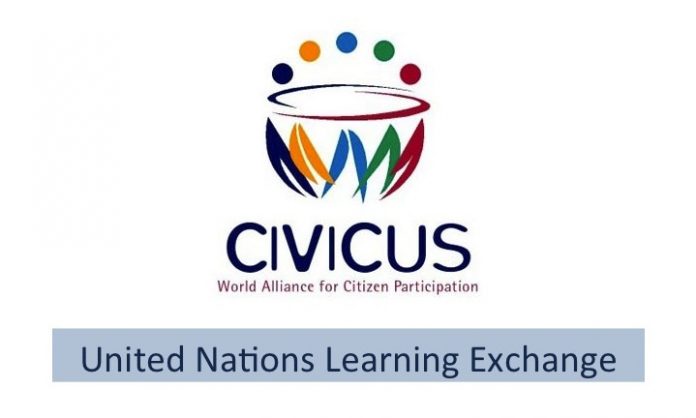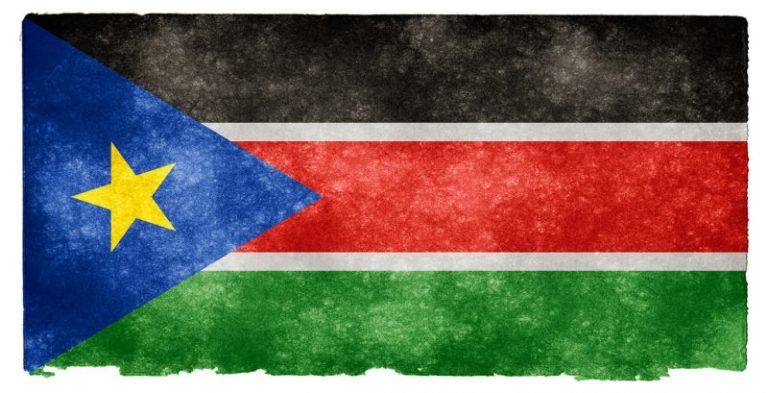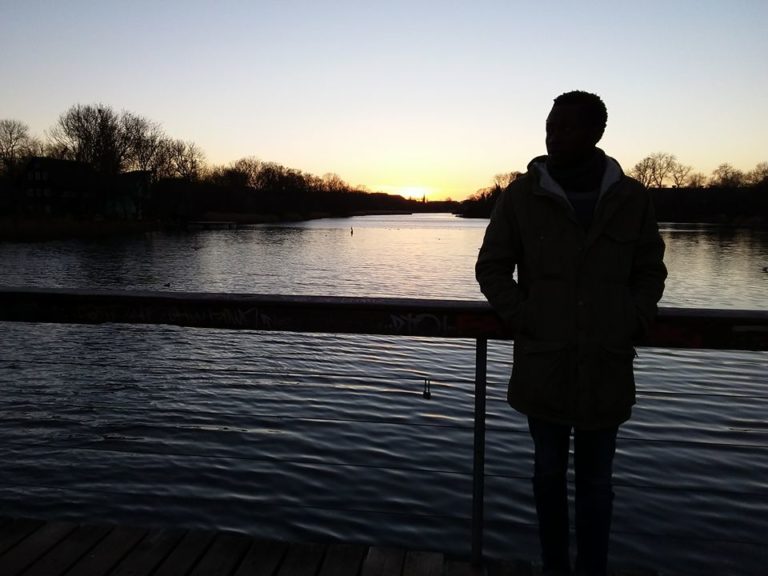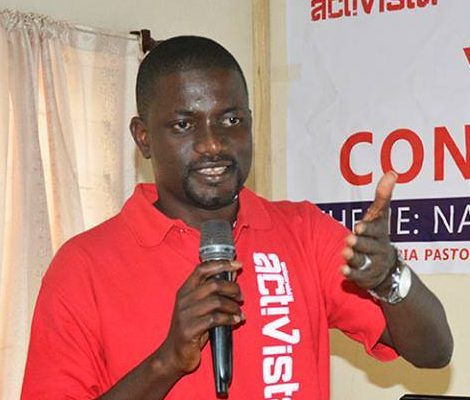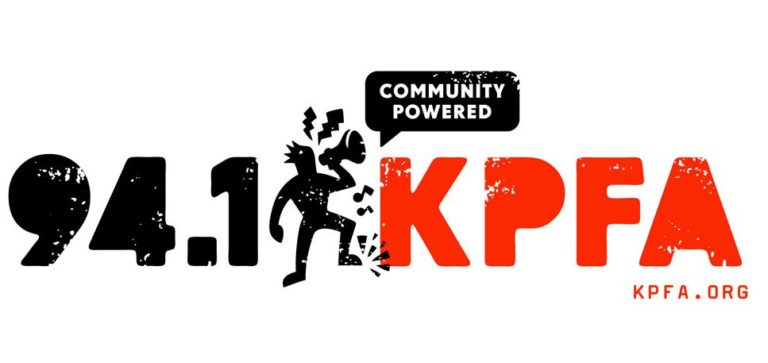JOHANNESBURG, SOUTH AFRICA.
The signatories of this statement are deeply concerned about the recent attacks on the independence of the African Commission on Human and Peoples’ Rights (ACHPR) and the dire implication this has for human rights on the continent.
In the thirty years since its establishment, the ACHPR has drawn attention to provided redress and remedies for those who have been subjected to human rights violations across the continent. Notable successes include instructing the Nigerian government to pay compensation to the Ogoni people who experienced a range of rights violations due to oil extractivism and environmental degradation; provided redress to women who suffered sexual violence during public demonstrations and stopped those who had not received fair trials from being executed and recognised the right to development in Egypt and interpreted the only international human rights treaty that recognises land and indigenous people’s rights in Kenya.
The ACHPR has also set progressive human rights norms on a range of other ‘controversial’ issues – from abortion to sexual orientation and expression. It has been no secret, nor come as any surprise, that the decisions taken by the ACHPR have not always received the full support of member states.
Over the years, the ACHPR has been subject to various threats and attempts to undermine its credibility and independence by individual state parties and the African Union as a whole. These attempts to undermine and restrict the work of the ACHPR mirror similar attacks on the global human rights system in a world increasingly characterised by autocratic and populist governments. It is also an illustration of leaders not wanting to be held accountable for human rights violations, and the lack of redress at the national level for these violations happening under their watch. The recent decision of the Executive Council1 of the African Union is yet another clear example of this.
A ‘functional’ independence?
The decision prescribes a new interpretation of the ACHPR’s independence, described as being of a ‘functional’ nature. The decision further states that the ACHPR is not independent from the organs that created it. The decision is incorrect in this regard. The ACHPR is created by the African Charter and not by AU organs and also gets its power and mandate from this Charter. The systems of protection of human rights that were built after 1948 were designed to have judicial
or quasi-judicial mechanisms and procedures precisely to protect the individuals from the unchecked power of nation-states. Existing legal principles confirm that the ACHPR as a quasi-judicial body is characterised by three types of independence: functional, institutional and financial independence.
The commissioners elected to the secretariat of the ACHPR are expected to function in their individual capacity to objectively promote, protect and investigate human rights abuses of all African States. The ACHPR cannot carry out its mandate if, as spelt out by the decisions of the Executive Council, its first accountability and responsibility is towards member states of the AU, instead of upholding the human rights of the very people it was created to serve. Human rights violations & accountable States The Executive Council also expressed concern that the ACHPR was acting as an appellate body and that this undermines national legal systems. This argument echoes defences put forward by states not wishing to comply with international human rights norms and standards under the guise that these undermine ‘national sovereignty’. This position contradicts one of the main purposes of the ACHPR: to provide recourse when national legal systems fail to provide appropriate remedies to victims of human rights violations.
The African Charter on Human and Peoples’ Rights requires individuals to exhaust remedies that are available at the national level before approaching the ACHPR. Some “regional” justice systems that are meant to fill the gap between continental and national systems are inaccessible and inefficient. While the African Court on Human and Peoples’ Rights holds a complementary mandate to the ACHPR, only 8 of the 53 AU member States have accepted its jurisdiction. By asking States to withdraw the power of the ACHPR to interpret the African Charter, the Executive Council is effectively trying to restrict access to justice for citizens of the other 45 countries, leading to impunity. Shrinking civil society space.
The AU decision also signals increasing restrictions and barriers for civil society organisations participation in the ACHPR. The decision requires that the ACHPR revises criteria for granting and withdrawing observer status for NGOs to be aligned with the existing criteria used by the AU for the accreditation of NGOs. In addition, the decision requires that the revised criteria take into account African values and traditions. Flowing from these directives, the decision also requires that the ACHPR withdraw the accreditation of the Coalition of African Lesbians as an NGO with observer status. The effect of the decision in this regard has a direct impact on all civil society organisations who are currently accredited by the ACHPR and all those who may seek future accreditation. This part of the decision threatens the participation of all 517 NGOs who currently hold observer status and who are preoccupied with advancing and defending human rights on the continent. The decision lacks legal force: the African Charter expressly gives the ACHPR the power to make its own rules to govern its work. The ACHPR has set its own criteria for accreditation and withdrawal of observer status to NGOs.The AU accreditation criteria is cumbersome and far too onerous for NGOs to meet.
Furthermore, we must also emphasise that by imposing its conservative reading of the ‘African Values’ principles of the Charter, the Executive Council is leading the ACHPR to default on set human rights standards. Traditional values have often been used on the continent to attack or undermine women’s rights, and this interpretation of the Charter poses a threat to the work and the gains that the women’s rights movement has been able to achieve at the ACHPR. The withdrawal of CAL observer status to the ACHPR, a sign the ACHPR has lost its independence by providing as the only motivation the Executive Council decision, is not only the expression of a homophobic and misogynic backlash. This withdrawal is being used by member states of the AU as an easy scapegoat to potentially limit civil society participation in human rights mechanisms on the continent.
Impunity and Accountability
While this decision was taken over two months ago, the lack of information about the African human rights systems has made it easier it to escape the public’s attention. The African States have demonstrated time and time again their desire to violate human rights with impunity: withdrawals, or threats of withdrawals from the International Criminal Court, closure of the Southern African Development Community (SADC) tribunal and ongoing attempts to undermine and weaken national judicial institutions.
I support an #IndependentACHPR !
We ask you to support our campaign for the independence of the ACHPR by:
- Following our campaign to see how you can support. Get in touch with us! For more information please contact: amanda@cal.org.za
- Publicly condemning these attempts by the Executive Council to stifle the fundamental ideals of our very existence such as equality, non-discrimination, participation and representation and asking your state representatives to bring a human rights discourse and strong and independent institutions back on the table to build the Africa we want;
- Signing on to the statement to present a united front of CSOs and NGOs organising to protect and preserve an independent ACHPR.
We call upon the ACHPR to resist interference and attacks from the AU policy organs and uphold its independence.
We call upon States to speak out and counter the anti-human rights propaganda and the dismantling of the African human rights system. We call upon States to resist efforts from tyrannical and dictatorial regimes to export oppression to the only remaining body that is accessible and has provided hope to Africans over the years;
We need you to help us mobilise all Africans to save the ACHPR.
1 Assembly/AU /Dec.690-712(XXXI)
https://au.int/sites/default/files/decisions/34634-assembly_au_dec_690_-_712_xxxi_e.pdf
Ex.CL/AU/Dec. 1008-1030(XXXIII)
https://au.int/sites/default/files/decisions/34635-ex_cl_dec_1008_-1030_xxxiii_e.pdf
For more information, please contact:
Delane Kalembo: delane@amsher.org
Caroline Tagny: caroline@cal.org.za
To add the signature of your organisation to this statement, please contact: amanda@cal.org.za

